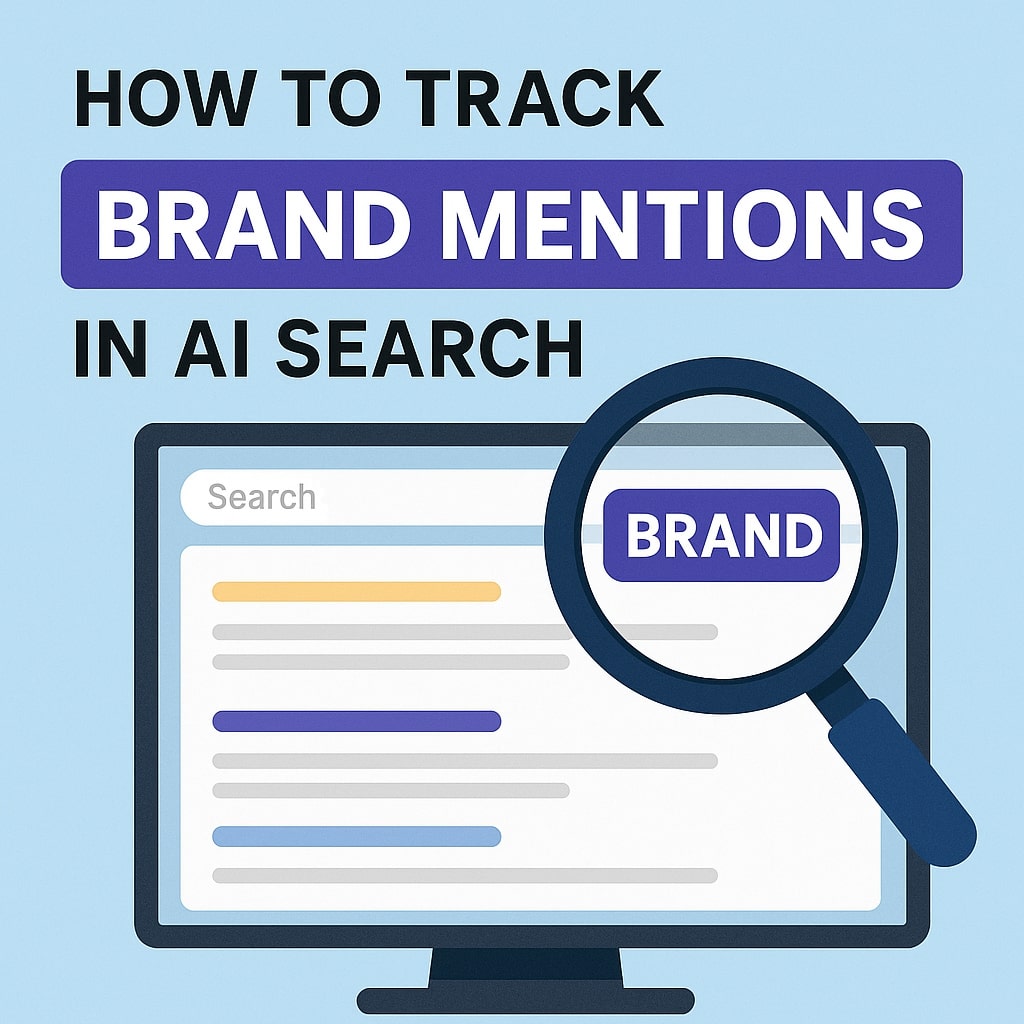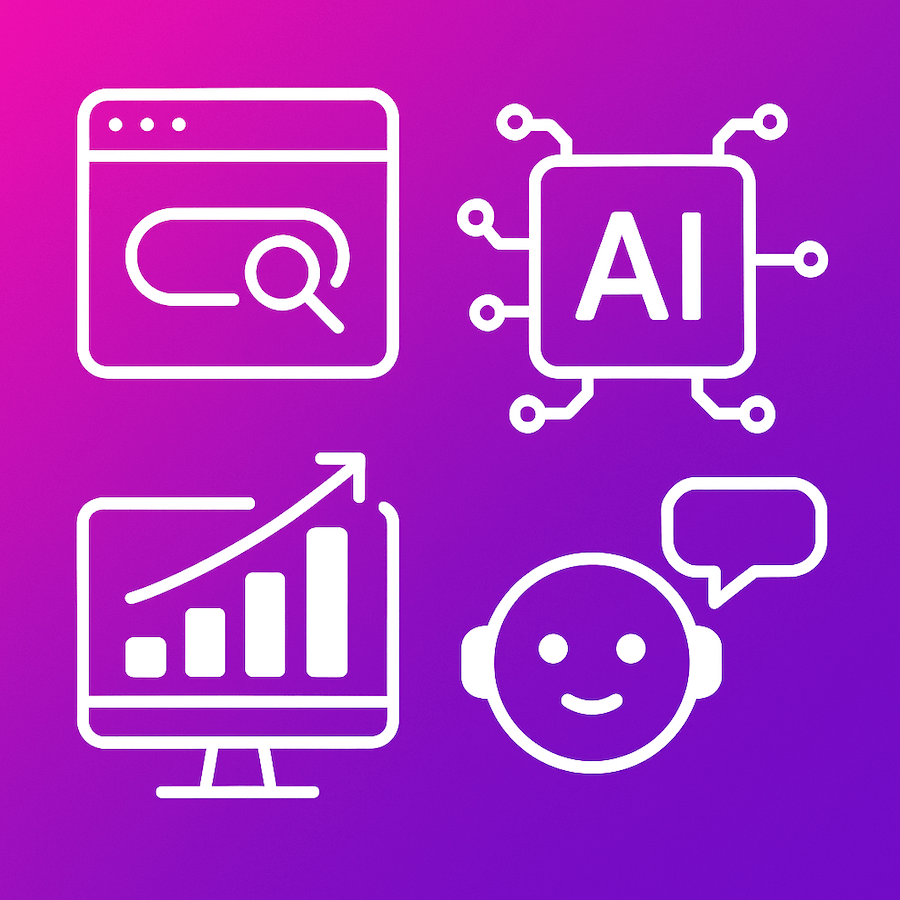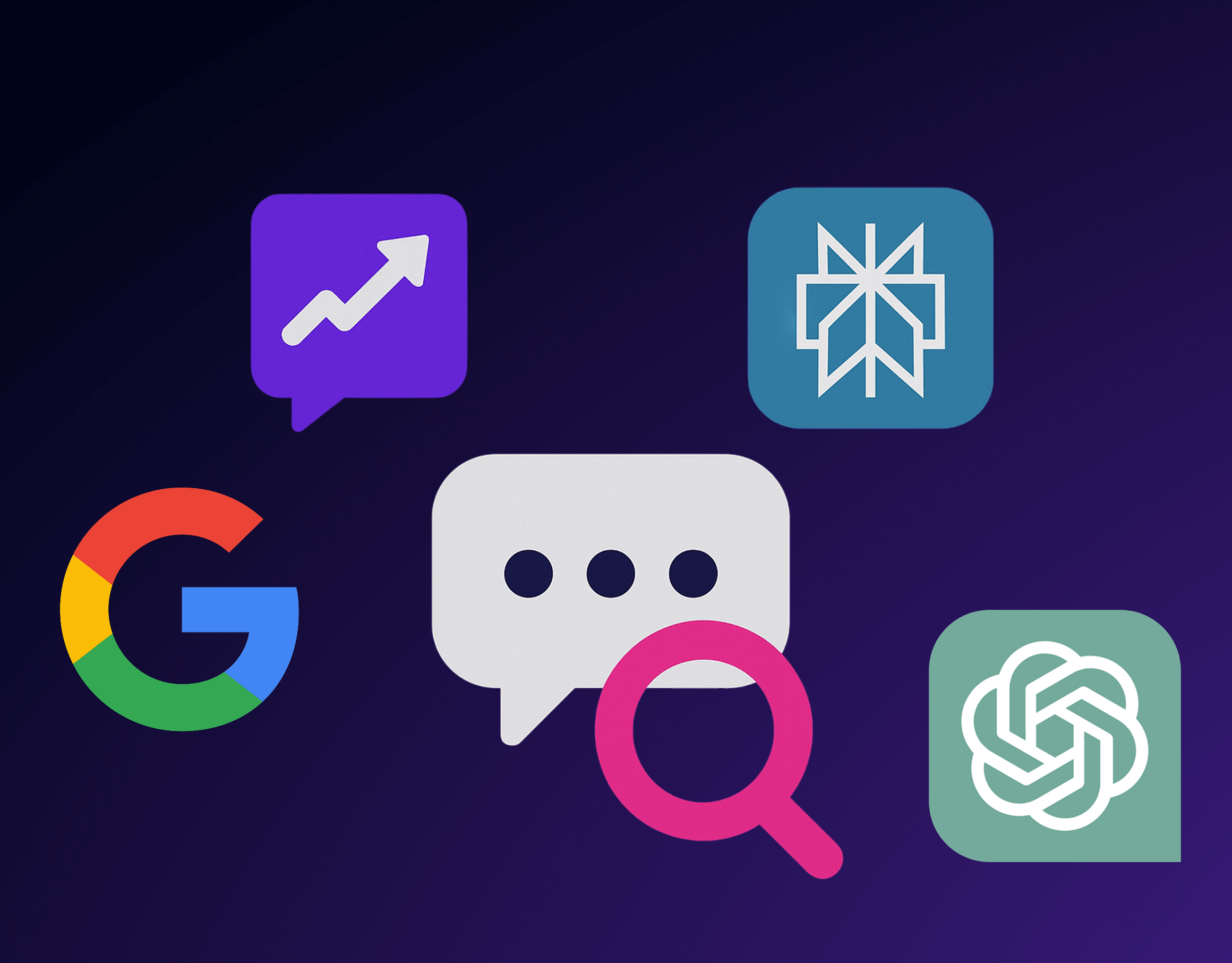If you have ever asked ChatGPT a question and received an answer that included clickable links or source attributions, you have seen ChatGPT citations in action. These references are valuable because they drive trust, credibility, and in some cases, direct traffic to the cited source.
For brands, earning citations in ChatGPT responses is the AI-era equivalent of winning a high-ranking spot in Google search. It signals authority and increases your visibility where more people are now searching for information. The question is, how do you become one of those cited sources?
How Citations Work in ChatGPT
Citations in ChatGPT responses are not the same as traditional backlinks. Instead of being based solely on link-building campaigns, they are determined by how the AI model sources and compiles information.
Depending on the version and settings, ChatGPT may:
- Pull from its training data, which includes reputable websites and published sources.
- Reference live web results if browsing is enabled.
- Cite high-authority domains to support factual accuracy.
Citations are meant to give users a way to verify information, which means ChatGPT tends to prefer sources it considers credible and relevant to the query.
Why Citations Matter for Brands
Being cited in ChatGPT answers has multiple benefits:
- Authority Boost – Users perceive cited sources as more trustworthy.
- Indirect Traffic – In browsing-enabled versions, citations can drive visits to your site.
- Brand Recognition – Even without clicks, seeing your name reinforces credibility.
In an AI-first search environment, citations are another form of digital real estate your brand should be competing for.
Factors That Influence ChatGPT Citations
While the exact algorithm is not public, patterns suggest citations depend on a mix of factors:
1. Content Quality
Well-researched, factual, and clearly written content increases your chances of being selected as a source. ChatGPT looks for clarity and reliability.
2. Domain Authority
Sites with strong reputations in their industry are more likely to be cited. Authority is built through consistent publishing, backlinks from trusted sites, and brand recognition.
3. Relevance to the Prompt
If your content directly addresses the question being asked, it is more likely to be referenced. Relevance beats generality.
4. Structured Information
Lists, tables, and well-organized sections make it easier for AI to extract key points and match them to a query.
How to Increase Your Chances of Being Cited
Earning ChatGPT citations takes more than just good SEO. You need to optimize specifically for AI visibility.
1. Target AI-Relevant Prompts
Identify the questions your audience is asking in ChatGPT. Tools like RankPrompt’s Scan Prompts can uncover these queries so you know what to focus on.
2. Create Citation-Ready Content
Write in a way that AI can easily process. This means:
- Using direct, factual statements.
- Backing up claims with credible references.
- Organizing information logically with clear headings.
3. Build External Mentions
Citations often draw from third-party references. Get your brand mentioned in reputable publications, industry blogs, and expert roundups.
4. Keep Content Fresh
Outdated information is less likely to be cited. Regularly update key pages so they remain accurate and relevant.
The Role of External Credibility
One of the biggest drivers of AI citations is credibility beyond your own website. If you are cited by other high-authority sources, ChatGPT is more likely to include you as a reference.
This means PR, guest posting, and partnerships still matter, but the goal is not just links for SEO. It is about building a web of trust signals that AI models can recognize.
How RankPrompt Helps You Earn Citations
Manually testing prompts to see if you are cited is tedious. RankPrompt automates the process and provides actionable insights.
- Scan Prompts – See which queries produce answers with citations and whether you are included.
- Analyze Mentions – Identify the prompts where your competitors are cited but you are not.
- Optimize Visibility – Get specific recommendations to increase your inclusion rate.
- Monitor Trends – Track changes in your citation frequency over time.
By turning AI visibility into a measurable metric, RankPrompt helps you focus on the opportunities that matter most.
Avoiding Common Mistakes
When aiming for ChatGPT citations, avoid these pitfalls:
- Over-Optimizing for SEO Alone – High Google rankings help, but AI models have different citation triggers.
- Ignoring Formatting – Walls of text are harder for AI to parse and reference.
- Skipping External Citations – You need a mix of on-site and off-site authority signals.
A balanced approach is key.
Why Citations Are the New Backlinks
In traditional SEO, backlinks signal authority to search engines. In AI search, citations play a similar role. They tell the AI model, “This source is reliable and worth referencing.” The more often you are cited, the more likely AI is to include you in relevant answers.
This is why AI-focused optimization should be part of your marketing strategy now, not later.
Building a Long-Term Citation Strategy
If you want consistent citations, you need an ongoing process:
- Identify relevant prompts where citations appear.
- Create or update content to target those prompts.
- Build external credibility through partnerships and publications.
- Monitor progress and adapt as AI behavior evolves.
RankPrompt makes it easier to repeat this process month after month.
Turning Citations Into a Competitive Advantage
Citations in ChatGPT answers are more than a technical achievement. They are a public signal that your brand is a trusted authority. In an environment where AI recommendations influence decisions quickly, that trust can lead to higher conversions and stronger brand recognition.
If you want to start earning more citations, begin with visibility. Use RankPrompt to see where you are already being referenced, where you are missing, and how you can close the gap.




